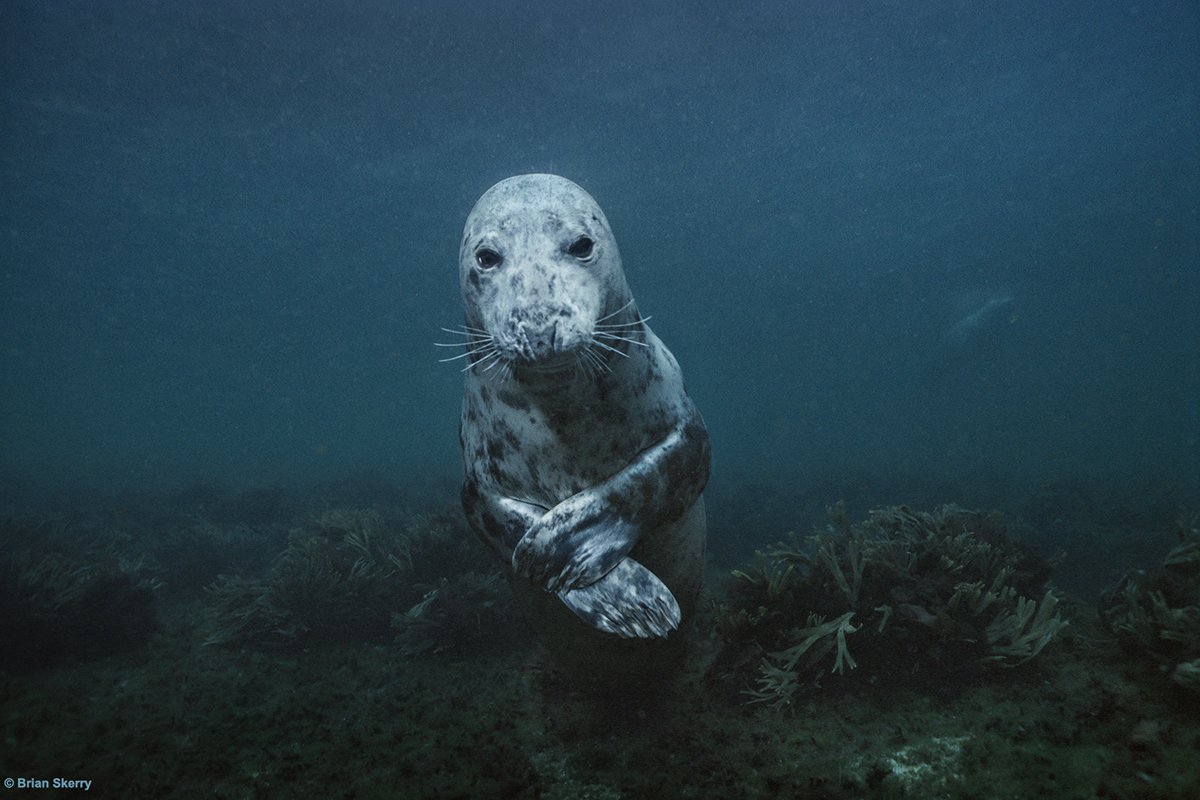
What Don’t We Know?
There is still more to learn about the lives of seals and our relationships with them.
This story is still unfinished… and incomplete. Every day, new ideas, histories, data points, narratives, traditional ecological knowledge, and connections emerge through research and conversation. Global changes, such as those caused by climate change, continue to change the role of seals in the ecosystem. Our knowledge changes, and our questions change, too.
Through collaborative research and continued conversations, we will have more to share here in the future.
Please keep tabs on the work done by scientists at the Northwest Atlantic Seal Research Consortium (NASRC). Create your own connections by visiting places where seals and humans cross paths, like the Cape Cod National Seashore (a premier place for viewing gray seals) or elsewhere. Seek deeper awareness of First People and their cultures wherever you live.
What we know is that the story of seals and people will always be evolving. You are part of it.
People are restoring and furthering traditional relationships. Work to revive language, practices, conversations, and communities will be part of how we all continue to learn and expand our sense of how to connect, as humans, with seals.
Left, members of the Mashpee and Aquinnah tribal nations paddle traditional handmade dugout canoes, called mushoonash, down the Charles River out to Boston harbor.
Right, a canoe paddle made by Darius Coombs, Mashpee Wampanoag, in 2013. Part of the Smithsonian Institution’s collection.


